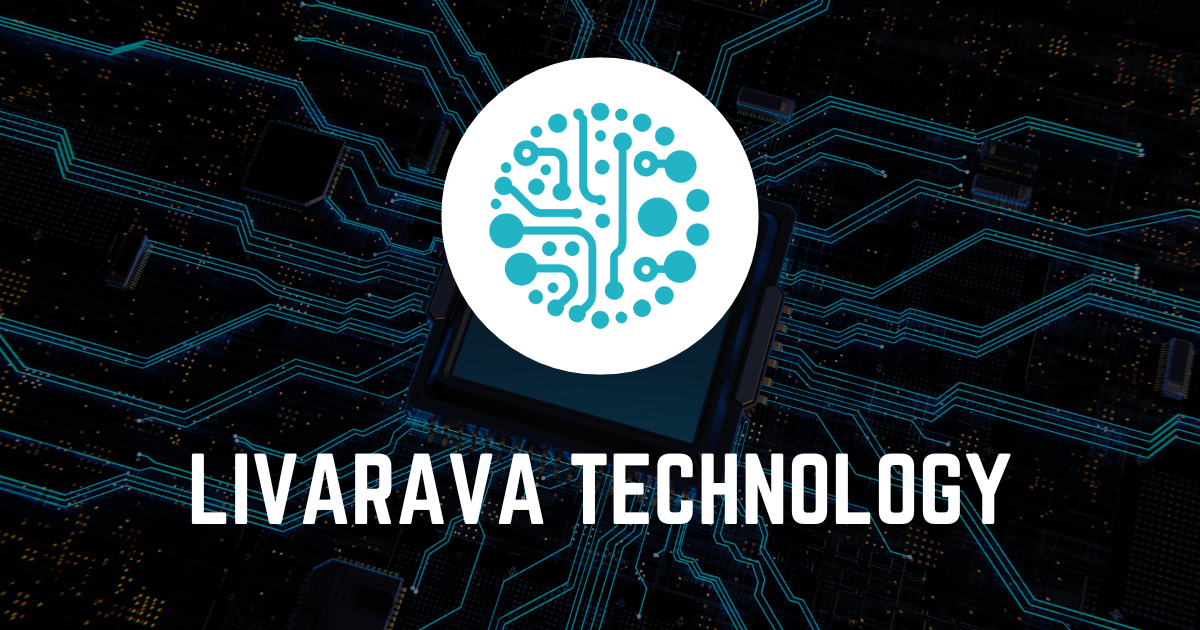Starmer's Controversial Facial Recognition Proposal and Its Implications for National ID

Starmer's Proposal for Live Facial Recognition
In a controversial move, Prime Minister Starmer has proposed the implementation of live facial recognition technology across the nation. This plan has sparked significant debate regarding its implications for civil rights.
Concerns Raised by Campaigners
- Critics accuse Starmer of ignoring civil liberties.
- Concerns that the plan mirrors autocratic practices.
- Link to growing tensions due to far-right unrest.
Campaigners emphasize that such measures could lead to a de facto national ID system, heightening surveillance and reducing privacy.
Conclusion
As discussions progress, it is crucial to balance security and individual freedoms in a democratic society. The potential consequences of extensive surveillance necessitate careful scrutiny.
This article was prepared using information from open sources in accordance with the principles of Ethical Policy. The editorial team is not responsible for absolute accuracy, as it relies on data from the sources referenced.